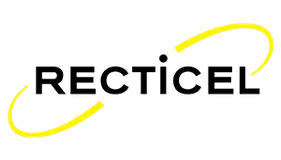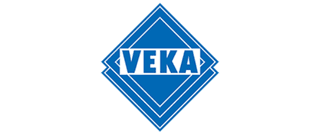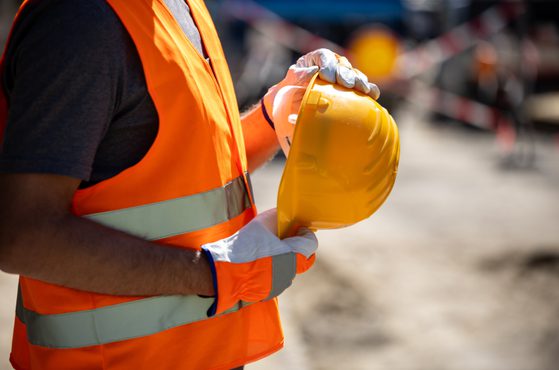Christmas markets & public safety — key legal duties for organisers & retailers

We explore safety considerations around Christmas markets and outline practical steps to comply with relevant safety legislation.
Read more
We make the difference. Talk to us: 0333 004 4488 | hello@brabners.com
Safeguard your people and business with proactive risk management and expert legal advice from our specialist regulatory solicitors.
We know that implementing effective health and safety management can bring all manner of challenges and complexities to your organisation.
That’s why we take the time to understand exactly what matters. Using our specialist regulatory knowledge, we provide a comprehensive and robust approach to legal advice and compliance that safeguards your people and business with a focus on proactive risk management.
Recognised by The Legal 500, our full-service offering extends across all areas of health and safety, fire and building safety, product safety, transport law, food safety, the care sector and educational settings.
We advise all manner of clients — including those in real estate, retail, housing and regeneration and healthcare — many of which operate in high-hazard or high-risk environments such as construction, manufacturing, agriculture and major port and infrastructure.
Talk to our team by calling 0333 004 4488, emailing hello@brabners.com or completing our contact form.

Our team contains lawyers with decades of experience and specialist expertise. This includes a former prosecutor for the Health and Safety Executive (Britain's national regulator for workplace health and safety), a former police officer and senior crown prosecutor. Our team is also able to offer health and safety consultancy services via chartered consultants — delivering proactive, pragmatic and bespoke advice.
As the trusted health and safety advisors for high profile and complex cases to many large and international businesses, we are experienced in working as an extension of your in-house team to provide guidance and training to boards, directors, managers, health and safety professionals, in-house lawyers and other senior stakeholders.
We're always on-hand for our clients when it matters most. Our rapid response incident management service is available to support, guide and advise you in the event of a major crisis or incident. With in-house investigation and advocacy services, we seek to defend or mitigate your interests where any regulatory or criminal investigations, interventions, enforcement actions or proceedings arise.

Prevention is better than cure. That’s why we’ve created Brabners Protect — our suite of proactive health and safety solutions designed to keep your people safe and healthy and your organisation protected by managing risk and avoiding incidents.
With Brabners Protect, our team can guide your entire health and safety strategy, bringing leading knowledge, insight and action to ensure compliance with your legal obligations under all relevant health and safety legislation. We help to manage risk and avoid incidents with a preventative, proactive approach.
“The go-to team.”
Client feedback, The Legal 500
“This is a small but extremely dedicated, well focused and professional team who are great to work with. Really dedicated to their clients’ needs and demands (willing to go the extra mile to ensure the job is not only done, but done correctly). Hard working, good lawyers and a large dose of common sense.”
Client feedback, The Legal 500
“Brabners Protect provides practical solutions and expert advice, ensuring that we are always inspection-ready. During a recent compliance inspection, an external third party was impressed with the quality of the safety management system that has been developed... Brabners has also trained staff and Board members on topics such as leadership, the regulatory landscape, working at height and CDM regulations. I would highly recommend Brabners Protect to anyone who needs a professional health and safety consultancy.”
Operations Manager, Cransley School
“Brabners has without doubt helped us to create a safety culture... [The team is] very well placed to support an organisation as complex as ours. Its experience across a number of sectors gives confidence to myself as CEO and our wider team... [Brabners] is always available to support in any matter — I would highly recommend discussing a bespoke package for your organisation.”
CEO, Petty Pool
“Brabners [is] keen to get to know your organisation and the wider team to understand your needs and wants. [The team is] very personable and flexible and focused on the unique nature of the organisation or sector, which differs from other firms that are very off-the-shelf with their offer.”
Client feedback, The Legal 500
“Lachlan Nisbet is an astute lawyer with a calm head and an eye for detail. Excellent with the client, giving clear advice and setting realistic expectations. Great all-rounder and very easy to get along with.”
Client feedback, The Legal 500
“Claire Burrows is exceptional. She is incredibly responsive and knowledgeable, and has a brilliant eye for detail.”
Client feedback, The Legal 500
“Charlotte McRae is impressive with her ability to put clients at ease and liaise with her expert counsel of choice. She selects a winning team to get the best outcome.”
Client feedback, The Legal 500
“They have a wealth of experience and each member of the team covers every detail of the case with expertise.”
Client feedback, The Legal 500











We explore safety considerations around Christmas markets and outline practical steps to comply with relevant safety legislation.
Read more

We dig into the Health and Safety Executive (HSE)'s annual statistics for 2024/25 and provide four top tips for employers.
Read more

We explore how the construction sector can proactively address mental health challenges through policy and training.
Read more
Loading form...